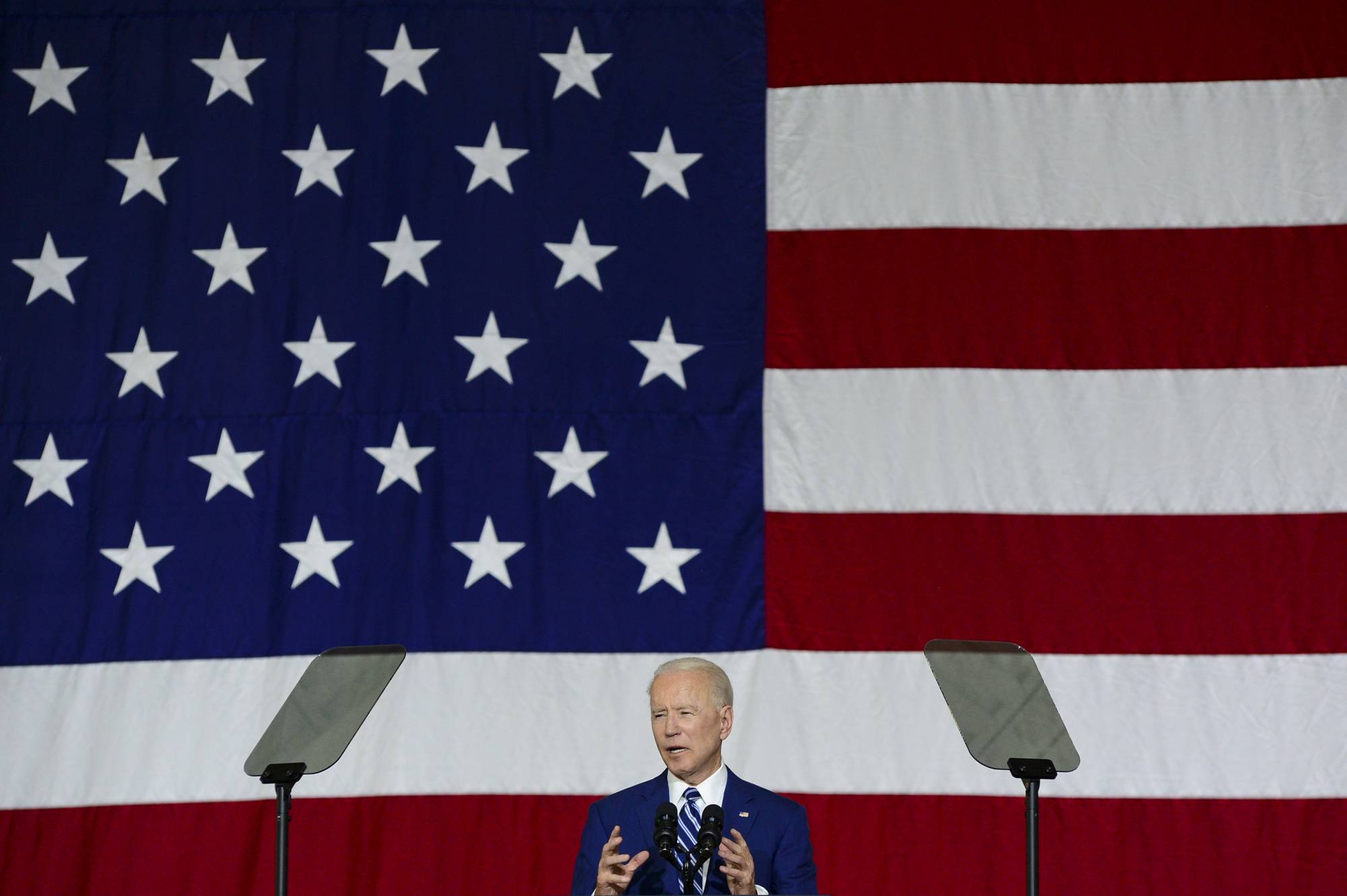President Joe Biden’s $6 trillion budget bets on the power of government to propel workers, families and businesses to new heights of prosperity in a rapidly changing economy, by redistributing income and wealth from high earners and corporations to grow the middle class.
The inaugural budget request of Biden’s presidency reduces spending levels compared to last year, when lawmakers dispensed trillions of dollars to people, businesses and local governments to help them survive the pandemic recession. But it sets the nation on a new and higher spending path, with total federal outlays rising to $8.2 trillion by 2031 and deficits running above $1.3 trillion throughout the next decade.
That spending represents an attempt to expand the size and scope of federal engagement in Americans’ daily lives, including guaranteeing two years of prekindergarten and two years of free community college, reducing the costs of child care, granting paid leave for workers, sending monthly government payments to parents and paving the way for electric cars and trucks to take over the nation’s highways and cul-de-sacs.



















With your current subscription plan you can comment on stories. However, before writing your first comment, please create a display name in the Profile section of your subscriber account page.